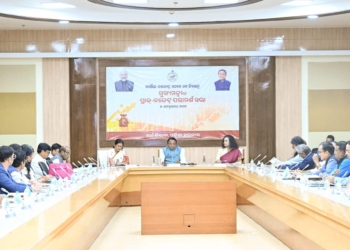The Central Government has officially notified the Unified Waqf Management, Empowerment, Efficiency and Development Rules, 2025, introducing a comprehensive framework for the digital management of Waqf properties across India.
Under these new rules, a national-level portal and database will be established for the registration, monitoring, auditing, and management of Waqf assets. The initiative is administered by the Ministry of Minority Affairs and derives legal backing from Section 108B of the Waqf (Amendment) Act, 2025, which came into effect on April 8 this year.
The portal will serve as a centralized platform for registering new Waqf properties, maintaining records, publishing audit reports, and tracking legal disputes and court cases. A joint secretary in the Ministry of Minority Affairs will oversee its functioning, while each state government is required to appoint a nodal officer, not below the rank of joint secretary, and set up a centralized support unit to streamline data uploading and compliance.
Mutawallis, the custodians or managers of Waqf properties, must enroll on the portal using OTP authentication via mobile or email. Once registered, they can access and update property details, financial records, and other relevant data. Other users—including state boards, district collectors, and designated officers—will also be granted access to ensure transparency and oversight.
The system enables real-time tracking of property use, governance, financial reporting, and legal matters. States must publish a detailed list of auqaf—including property location, use, creation date, and current management—within 90 days of completing surveys. If delayed, another 90-day window is permitted, along with reasons for non-compliance.
New Waqf properties created after the enactment of the amended Act must be registered on the portal within three months of creation using the prescribed electronic forms (Form 4 for registration, Form 5 for property records). Audit reports submitted under Section 47(2) of the Act will be made publicly available through the portal.
The move aims to modernize Waqf governance, ensure accountability, and enhance transparency in the administration of Islamic charitable endowments nationwide.





























